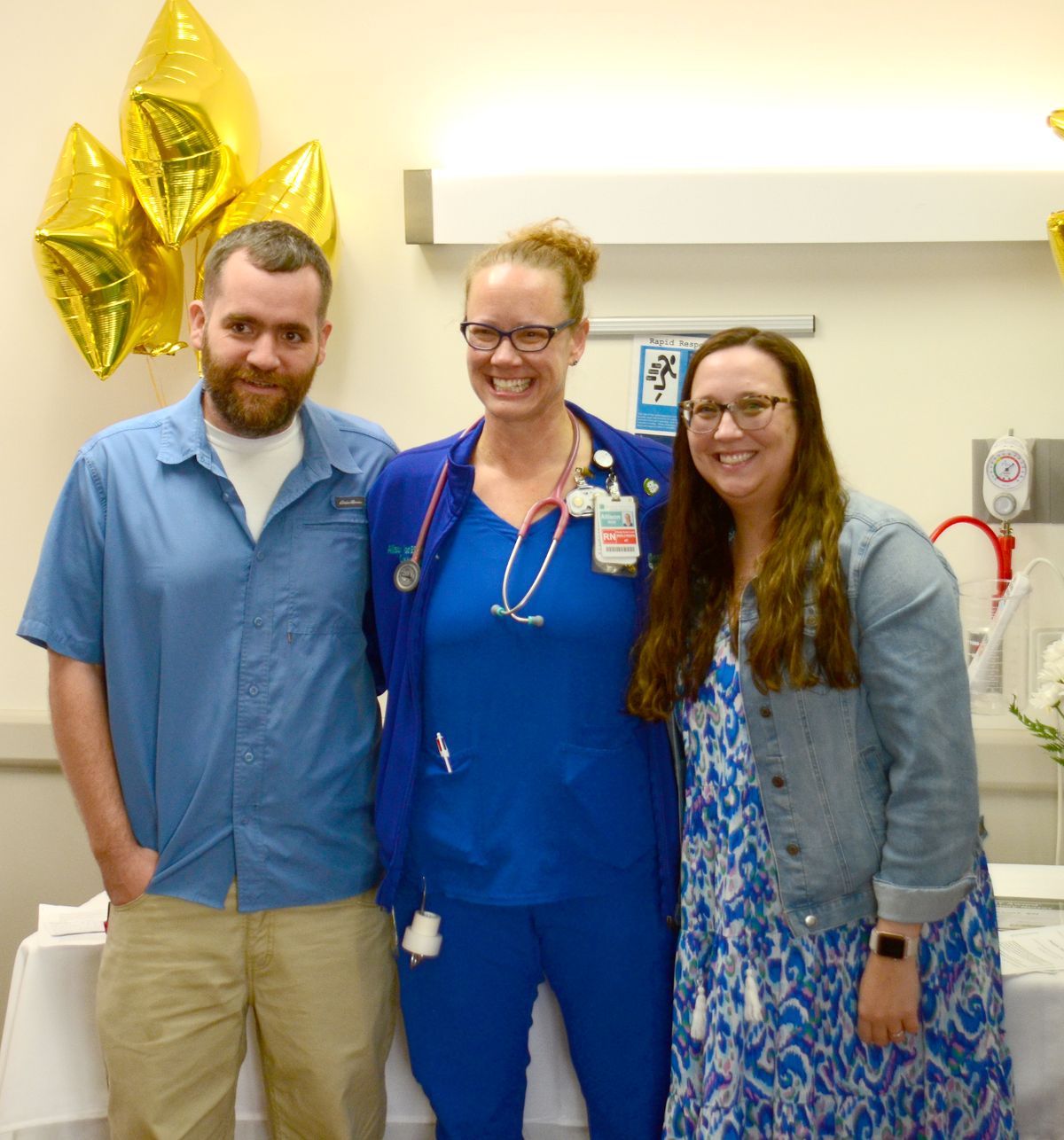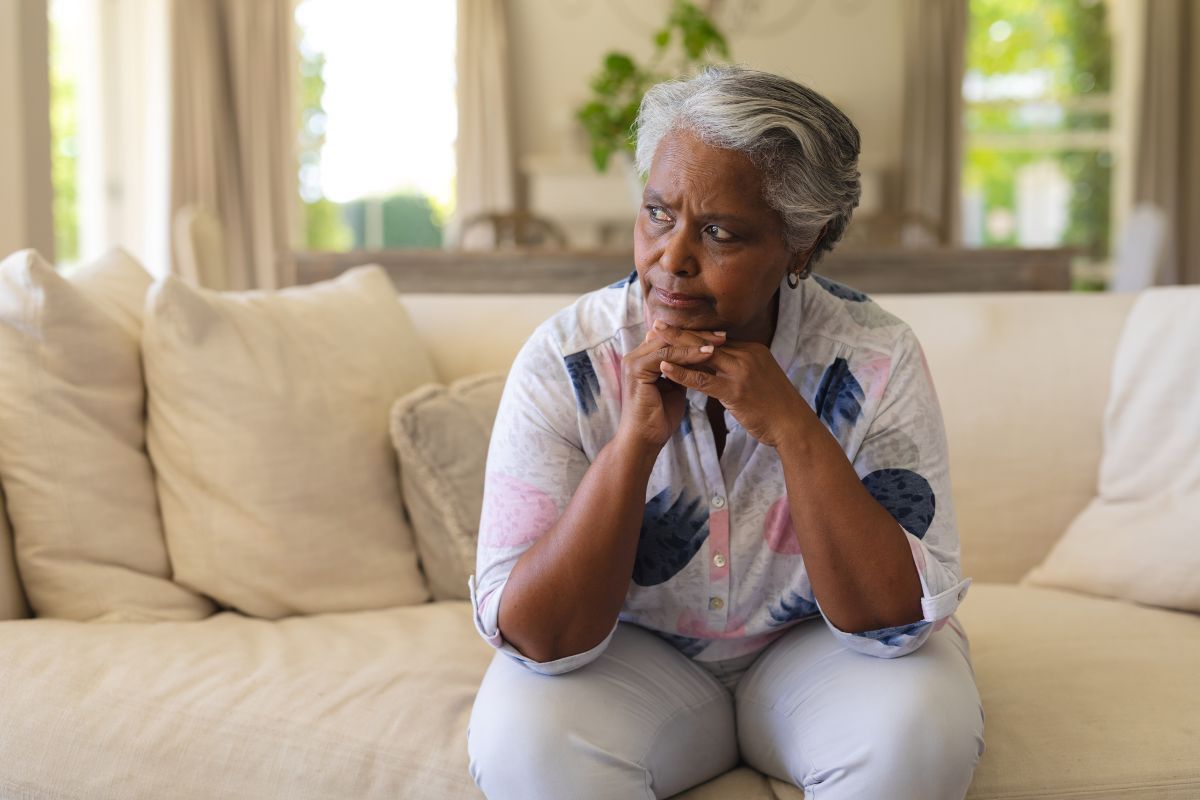There are at least six things that we all can agree on about end-of-life planning:
First, none of us want to die in pain or discomfort.
Second, none of us want to die alone.
Third, none of us want to die in a sterile institution like a hospital or skilled nursing facility (that serves tasteless food) with tubes in every hole and vein in our body.
Fourth, none of us want to exhaust our loved ones (caregivers) physically, mentally, and financially trying to take care of us.
Fifth, none of us want to leave our family confused on what we want done during the last stage of our life and after we die.
Sixth, none of us want our family history and contributions to life lost when we die.
Seventh, none of us want to give up our primary care or specialty care doctors, who we know and trust.
Eighth, none of us want to worry about what will happen to our pets when we are gone.
Ninth, none of us want to have to pay for home health or major house keeper services if we can avoid it.
Tenth, none of us want to worry about the physical, mental, emotional, or spiritual care of our selves or our loved ones —– who can suffer greatly trying to take care of us.
Eleventh, none of us want to not have the option for hospice inpatient care in a specially designed for patient and family facility.
Hospice prevents these just mentioned eleven worries. Hospice provides pain control; volunteers and a multi-disciplined team of caregivers to ensure we do not die alone; and assurance that we can die at home. Hospice also provides care and respite care so that loved ones can continue their jobs, schooling, and other life activities and allows us to continue under the care of our trusted physician, who works in collaboration with the hospice medical director, nurses, and other medical team members.
Hospice is paid for by either Medicare, Medicaid, private insurance, other Government Programs like the VA, donations, and the hospice, so the need for any out-of-pocket spending on end-of-life health and major housekeeping care is all but eliminated. Hospice will, if you want, help you record either by taped interview or through a written history record, a summary of your life story. Hospice helps you find a new and loving family to adopt your pets.
As a past hospice volunteer, founder, administrator, and CEO of a highly successful and beloved hospice in Missouri, I often give speeches to clubs, hospices, doctors, and other organizations about hospice. The Island News has asked me to write a series of three articles on hospice and what citizens should know about hospice. This is the first of those three articles. It is important to note in the beginning of this article that I am no longer an employee, contractor, or owner of any hospice and have not been for nine years. I must also note that some hospices do not provide all of the services mentioned in this article.
The title of all the speeches I give on hospice is always the same, the Hospice program is great but some hospices are better suited than others to meet your needs. These three articles will try to answer questions about end-of-life planning, how to select the best hospice for you and your family, and the wonderful services that hospice can provide.
What is hospice care? According to the National Hospice and Palliative Care Organization (NHPCO), considered the model for quality compassionate care for people facing a life-limiting illness, hospice provides expert medical care, pain management, emotional, and spiritual support, which is expressly tailored to patient’s needs and wishes. Support is provided not only to the patient but also to the patient’s family and it focuses on caring, not curing. In most cases, care is provided in the patient’s home but it may also be provided in a freestanding hospice facility, hospitals, nursing homes and other long term care facilities. Read more about hospice at https://www.nhpco.org/wp-content/uploads/ NHPCO-Facts-Figures-2020- edition.pdf .
Hospice services are available to patients of any age, gender, religion, race, color, creed, sexual preference, and political affiliation who has a terminal illness, which will, in the opinion of the patient’s doctor, the hospice medical director, and the hospice Registered Nurse, result in the patient dying within six months, if the disease takes its normal course.
How does hospice work? Hospice care is holistic care, meaning the care is provided by a multi-disciplined team of end-of-life medical, spiritual, volunteer, and social services experts. The team consists of the patient’s own doctor, the hospice medical director or associate medical director, registered nurse, certified nursing assistant, chaplain, volunteer, and specialists like physical therapist, speech therapist, or occupational therapist. The care-team meets once a week or more often if needed to tailor the care to the patient’s and the family’s needs and wishes. Hospice care is palliative care, which is an Iinterdisciplinary medical approach aimed at optimizing quality of life and mitigating suffering.
Next week more on hospice and how to select the best hospice for you.
Larry Dandridge is a past hospice volunteer, volunteer coordinator, marketing manager, administrator, CEO, and board chairman, and the founder of a highly successful and beloved hospice in Missouri. An accomplished writer and motivational speaker, the owner of TVV Publishing LLC, a retired Army Test Pilot, the author of the award-winning BLADES OF THUNDER (book One), a retired Aerospace Industry Region Manager, a past University Business, Writing, and Aeronautics Instructor, and volunteer Patient Adviser at the RHJ VA Medical Center, he writes columns for the ISLAND NEWS, including the Veterans Benefits Column, What Citizens Should Know About Policing Column, and the Hospice Column. You can contact Larry at his email, LDandridge@earthlink.net.
EDITOR’S NOTE
These columns are not meant to replace carefully reading local, county, state, and federal law or the need for a lawyer when seeking legal advice.
Larry Dandridge is not an employee of THE ISLAND NEWS and his opinions are his alone. Readers should rely their Doctor, Physician Assistant, Nurse Practitioner, and Registered Nurse, Medicare, Medicaid, their Private Insurance Company, State Medical Department, the National Hospice and Palliative Care Organization (NHPCO), and the hospice of their choice for advice on hospice. Although every precaution has been taken in the preparation of these articles, the publisher and author assume no responsibility for errors or omissions. Neither is any liability assumed by the author or THE ISLAND NEWS for damages resulting from the use of information contained herein.







